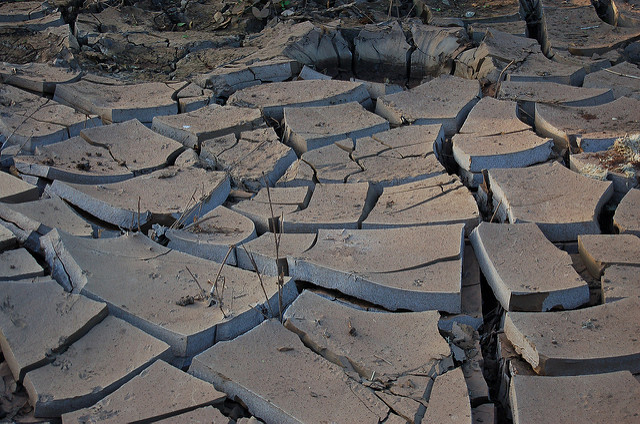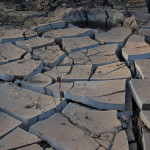
14 Mar Climate Change and the Humanities UC Santa Barbara
CFP CLOSES 1 March
We welcome papers dealing with climate change from all fields of the humanities, as well as the social sciences. As our goal is to encourage the cross pollination of ideas across a broad range of disciplines on what may well be the most important issue of this century, we are looking for any paper that innovatively deals with climate change. Sponsored by the Environmental Humanities Initiative (EHI) at UC Santa Barbara.
Please note that, given our theme, our goal is to – as much a possible – have a carbon neutral conference. Even a relatively small academic conference can generate the equivalent of 20,000 pounds or more of CO2 (chiefly from travel). To put that number in perspective, this is the total annual carbon footprint of ten people living in India, thirty-three in Kenya. We believe that a conference that takes up the issue of climate change while simultaneously contributing to the problem to such a degree is simply unconscionable.
Consequently, this conference will largely occur online. During the conference, which will take place over three weeks, talks will be available for viewing on the conference website. Q&A will also take place online during this period, as participants and registered attendees will be able to pose questions to speakers via online comments and speakers will be able to reply in the same way.
While we realize that this approach will not replicate the face-to-face interaction of a conventional conference talk and Q&A, we hope that it will nonetheless promote lively discussion, as well as help build a community of scholars with intersecting research interests. An advantage to this approach is that individuals who would not otherwise be able to become involved in the conference (owing to distance, financial limitations, and so forth) will be able to fully take part. There will be no registration fee for the conference. Although this online conference will have its own carbon footprint, as data centers and web activity also require energy, it will only be a small fraction of that of a conventional conference.
Instead of traveling to the conference to attend panels and deliver a talk, speakers will do the following:
1) Film yourself giving a talk of 15-17 minutes. The webcams that come with desktop and laptop computers have improved dramatically over the past few years. Aftermarket webcams with noise cancelling microphones, which can be purchased for under $50, can often provide even better quality. It is also the case that most computers have video recording software preinstalled, such as Apple’s QuickTime, Consequently, it is now possible, and relatively easy, to record a talk of surprisingly good quality in your home or office. How easy is it and how good is the quality? Please visit the conference website for a sample talk that explains the concept and process in detail, as well as provides for Q&A: http://ehc.english.ucsb.edu/?p=12048.
2) Take part in your online Q&A session by responding to questions raised by your talk. You will automatically receive an email each time a new question is posed. Only registered conference participants (this includes speakers, as well as others who register for the conference) will be posing questions.
3) View as many of the talks as possible, posing questions of your own to speakers. This is especially important, as this is how you will meet and interact with other conference participants. As with any academic conference, our goal is help establish relationships and to build a community. In this case, since travel has been removed from the equation, our hope is that this community will be diverse and truly global.
4) Remotely attend (via a Skype-like technology) a conference recap that will take place on May 31, 2016. Students and faculty from UC Santa Barbara and the local community will meet on campus to remotely speak with participants about their talks, as well as to reflect on the conference’s unusual theme and form. You will only be required to remotely attend your panel recap, which should take less than one hour. If this date presents a scheduling challenge, please note this in your submission.
Abstracts of 250 words and a brief biographical note should be submitted by March 1, 2016 to EHCfellow@gmail.com. While we welcome international submissions, the talk and Q&A should be in English. You should also note that you have viewed the sample video and agree both to the above conference requirements and to allow your filmed talk to be posted to the conference website, as well as our Vimeo and YouTube accounts.
Participants will be informed if their submissions have been accepted by March 7, 2016. Videos of the talks will be due by May 1. The online conference will take place from May 3-24. As noted above, the conference recap will be on Tuesday, May 31. Please send any questions to EHCfellow@gmail.com.
Image credit: Dry Riverbed by Shever




No Comments